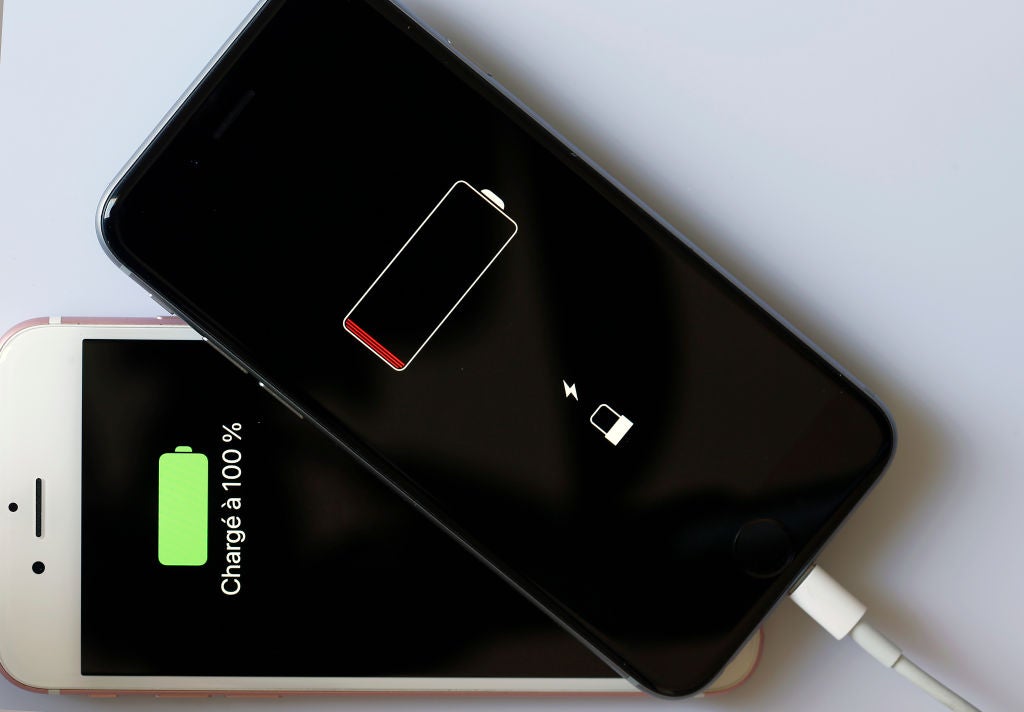
Apple has fought to block a $2bn mass lawsuit, in a London tribunal this week, which accuses the company of hiding faulty batteries in iPhones by compromising power through software updates.
Justin Gutmann, a market researcher, filed the lawsuit last year with the UK’s Competition Appeal Tribunal. He claimed the company purposefully degraded iPhone performance with software updates to ensure the battery power lasted longer.
Apple claims the updates, which were rolled out in 2017, were designed to slow down older iPhones to prevent aging batteries from tripping.
The UK lawsuit comes after years of backlash aimed at Apple, as consumers were not happy with the slower performance of their iPhone following the update.
Major controversy ensued when some iPhone 6 units were found with faulty batteries – with some reports claiming they were randomly shutting down.
The tech giant argued this was a “small number of iPhone 6 devices” and offered free battery replacements for the broken phones.
How well do you really know your competitors?
Access the most comprehensive Company Profiles on the market, powered by GlobalData. Save hours of research. Gain competitive edge.

Thank you!
Your download email will arrive shortly
Not ready to buy yet? Download a free sample
We are confident about the unique quality of our Company Profiles. However, we want you to make the most beneficial decision for your business, so we offer a free sample that you can download by submitting the below form
By GlobalDataApple strongly denies the mass majority of its batteries were defective, apart from the small number of iPhone 6 models five years ago, and called the UK lawsuit “baseless”.
Gutmann’s lawyer, Philip Moser, spoke at the tribunal this week citing Apple’s similar previous 2020 lawsuit which settled with a payout of $310m. Moser argued this meant Apple was not denying the allegations.
Moser noted the tech giant had also previously promised to be “clearer and more upfront” with iPhone users about the battery health of iPhones.
Apple completely denied misleading its customers surrounding iPhone battery issues – and presented the tribunal with its public apology in 2017.
Apple’s lawyer, David Wolfson, said that the lawsuit boils down to “not all batteries could deliver the peak power demanded in all circumstances at all times,” which he says is common to every battery-powered device.
GlobalData is the parent company of Verdict and its sister publication.







